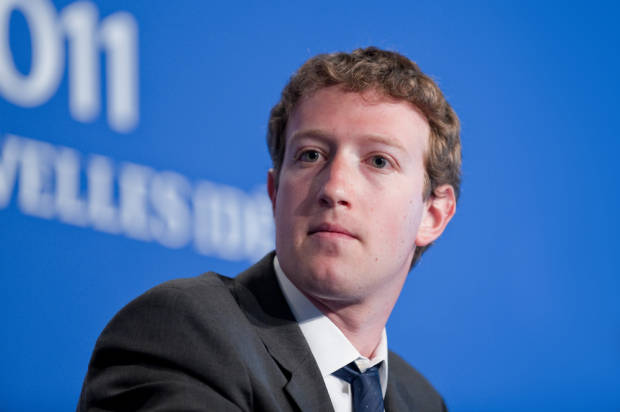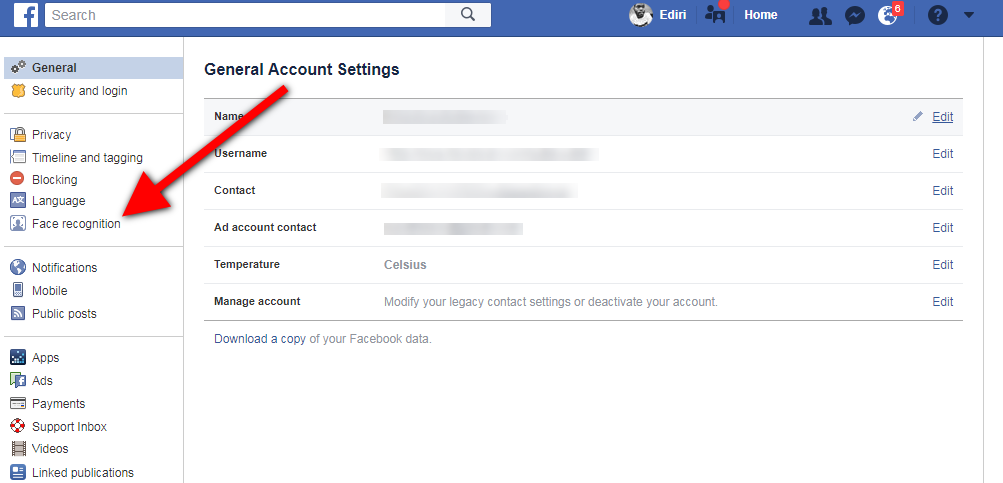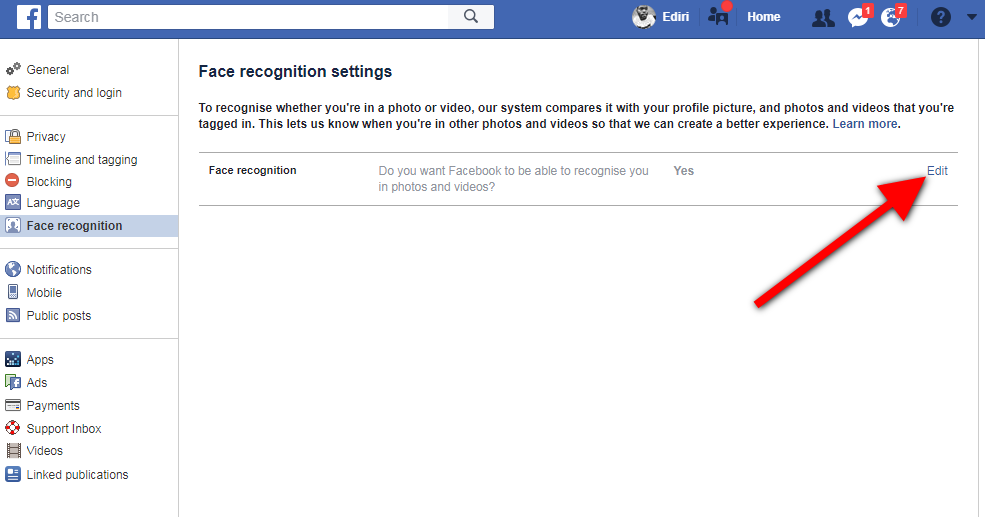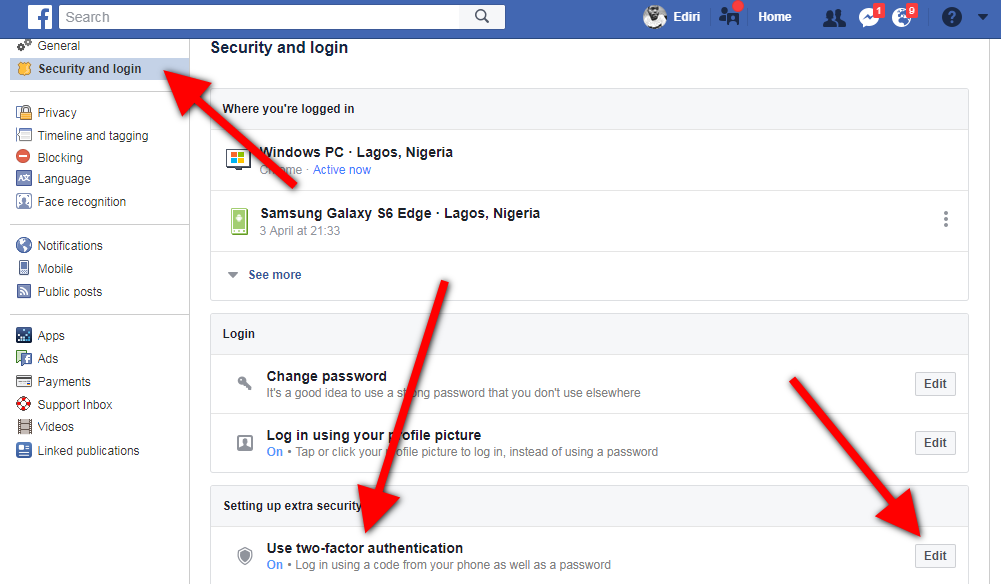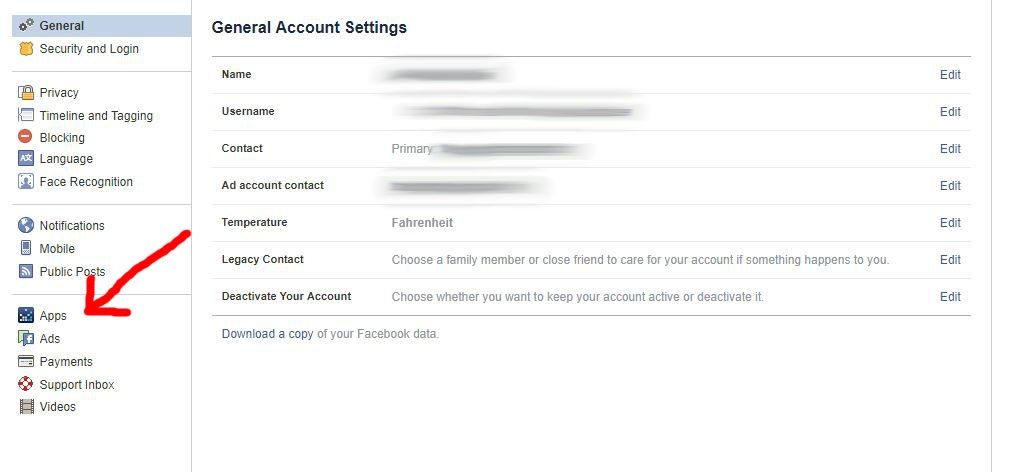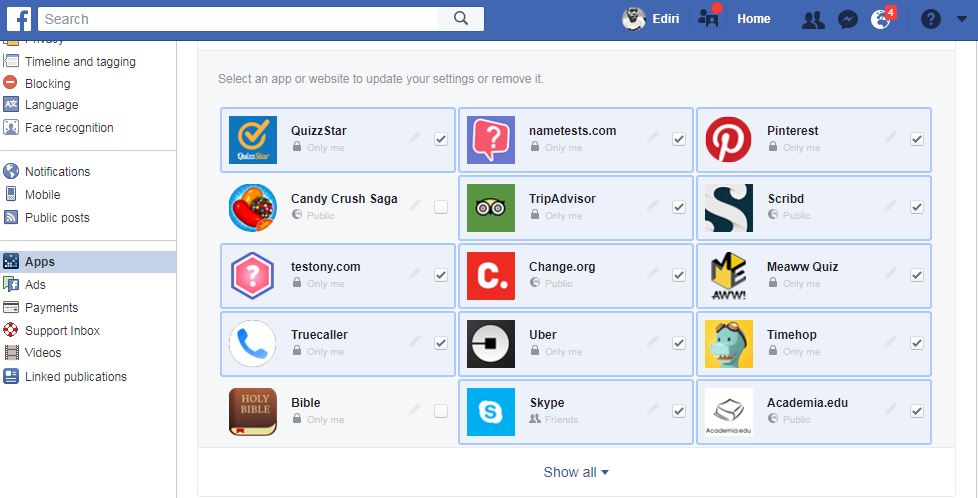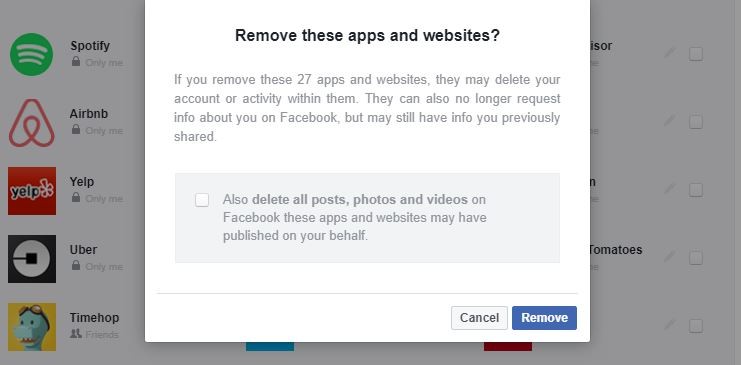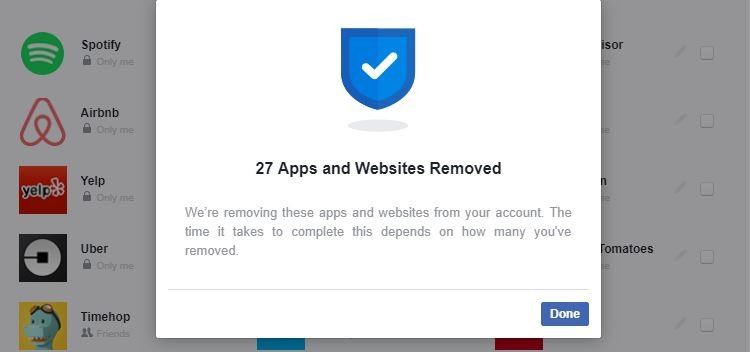Facebook Chief Executive Officer Mark Zuckerberg will testify next week before congressional committees over Cambridge Analytica misuse of users’ data to interfere in the democratic process of several countries, including Nigeria.
US lawmakers made this known on Wednesday saying Zuckerberg will appear before a joint hearing of the US Senate Judiciary and Commerce committees on April 10 and the US House Energy and Commerce Committee on April 11.
“This hearing will be an important opportunity to shed light on critical consumer data privacy issues and help all Americans better understand what happens to their personal information online,” the House panel’s Republican chairman, Greg Walden, and top Democrat, Frank Pallone, said in a statement.
Facebook has come under fire in recent weeks after it was disclosed that data analytics firm Cambridge Analytica, which worked for Donald Trump’s presidential campaign, and allegedly worked for Nigeria’s former president Goodluck Jonathan, gained access to the personal data of over 50 million Facebook users.
Facebook said in March it had suspended the accounts of Cambridge Analytica and its parent company and hired forensic auditors to probe whether Cambridge Analytica still had the data.
The technology company also said at the time it would investigate all applications that had gotten access to large amounts of data before the firm changed its platform in 2014, would further restrict developers’ data access and roll out a tool to let users more easily revoke access by applications to their data.
Zuckerberg said in March he would testify before Congress, but turned down an invitation by British lawmakers to explain to a parliamentary committee what had happened.
The company has faced pressure to do more, both in terms of protecting user privacy and stopping “information warfare” on its platform.
In February, 13 Russian nationals were indicted for using Facebook and other social media sites to interfere in the US presidential election.
On Tuesday, Facebook said it had removed hundreds of accounts and pages associated with the Russia-based Internet Research Agency that included fake activist and political posts in the 2016 US election campaign.
American spy agencies have warned that Russia would try to interfere in the 2018 congressional elections, and there are speculations that external forces might interfere in the 2019 general elections in Nigeria, by using social media to spread propaganda.
Shares in Facebook closed down 0.6 percent on Wednesday to $155.10. They have tumbled more than 16 percent since the Cambridge Analytica scandal broke.
